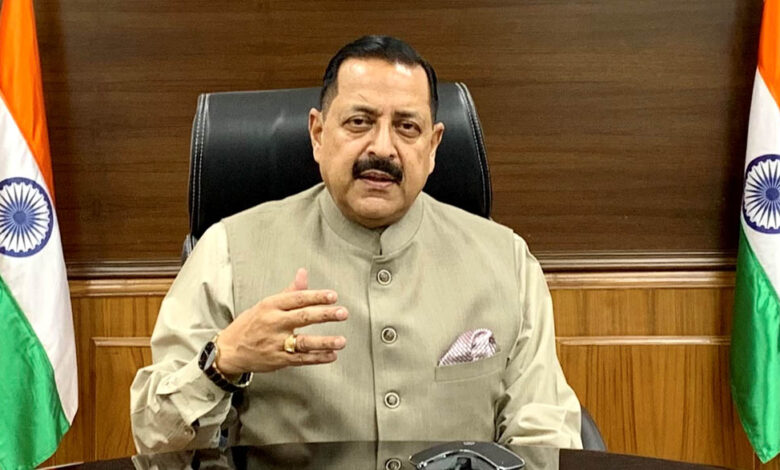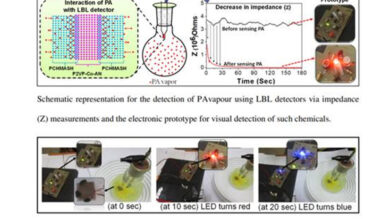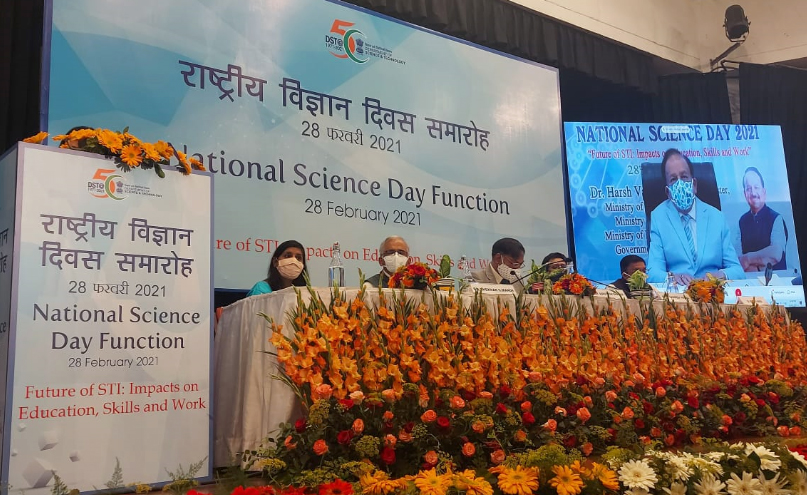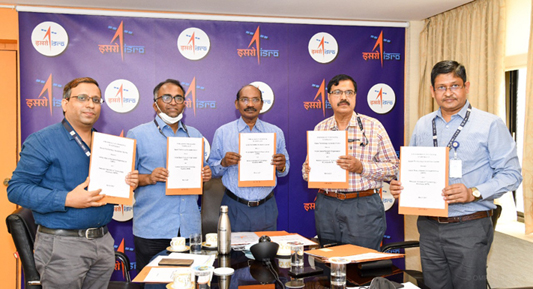
New Delhi, Dec. 02: Union Minister of State (Independent Charge) Science & Technology; Minister of State (Independent Charge) Earth Sciences; MoS PMO, Personnel, Public Grievances, Pensions, Atomic Energy and Space, Dr Jitendra Singh said that seven Science, Technology and Innovation (STI) hubs for Scheduled Tribes (STs’) were established during the last two years in different regions of the country.
In a written reply to a question in the Lok Sabha on Wednesday, the Minister informed that the STI Hubs will develop, nurture and ensure the delivery of appropriate and relevant technologies for inclusive socio-economic development through creation of sustainable livelihoods for the ST population in tune to their growing aspirations.
Dr Singh, in an earlier statement in October this year, had announced the setting up of 75 Science Technology and Innovation (STI) Hubs in different parts of the country, exclusively for Scheduled Castes (SCs) and Scheduled Tribes (STs), which will not only promote scientific talent but also contribute to the socio-economic development of these communities.
The Minister said, in the last two years, 20 STI Hubs (13 for SCs and 7 for STs) have already been established by the Department of Science and Technology (DST) which will directly benefit 20,000 SC and ST population through various interventions spreading across the farm, non-farm, other allied livelihood sectors and various livelihoods assets like energy, water, health, education, etc.
The STI Hubs will help in addressing the weakest linkages in the predominant livelihood systems through Science & Technology (S&T) interventions. These Hubs would be helpful in the creation of social enterprises, and it would improve the Indigenous Knowledge Systems (IKS) through S&T inputs for strengthening the livelihoods of tribal communities, Ministry of Science & Technology statement said.
All these seven STI hubs are based in various regions of the country which includes Sidho-Kanho-BirshaUniversity, Purulia, West Bengal; Medchal-Malkajgiri, Telangana; Leh Block, Ladakh District, Union Territory of Ladakh; Jeypore, Koraput, Odisha; Nongra, Shillong, Meghalaya; Angara Block, Ranchi, Jharkhand; and Rajaborari Estate, Madhya Pradesh.
The STI Hub at Purulia is being implemented by the Department of Botany, Sidho-Kanho-Birsha University. The implementing organization of the Medchal-Malkajgiri based STI Hub is CMR College of Engineering and Technology, Medchal. The Leh-based hub is being operated by CSIR-Institute of Microbial Technology (IMTECH), Chandigarh. Similarly, Koraput, Shillong, Ranchi and Rajaborari Estate STI Hubs are being implemented by MS Swaminathan Research Foundation, Koraput; Martin Luther Christian University, Shillong; Ramakrishna Mission Ashram, Ranchi; and Dayalbagh Education Institute, Agra, respectively.
Referring to Prime Minister’s historic decision to celebrate the birth anniversary of Bhagwan Birsa Munda as “Janjatiya Gaurav Diwas” Dr Jitendra Singh informed in November this year that the Government will be setting up 30 Science Technology and Innovation (STI) Hubs in different parts of the country for Scheduled Tribes (STs) by end of the year 2022. The objective of these STI Hubs is to promote scientific talent among the tribal communities and encourage their overall socio-economic development. (India Science Wire)




